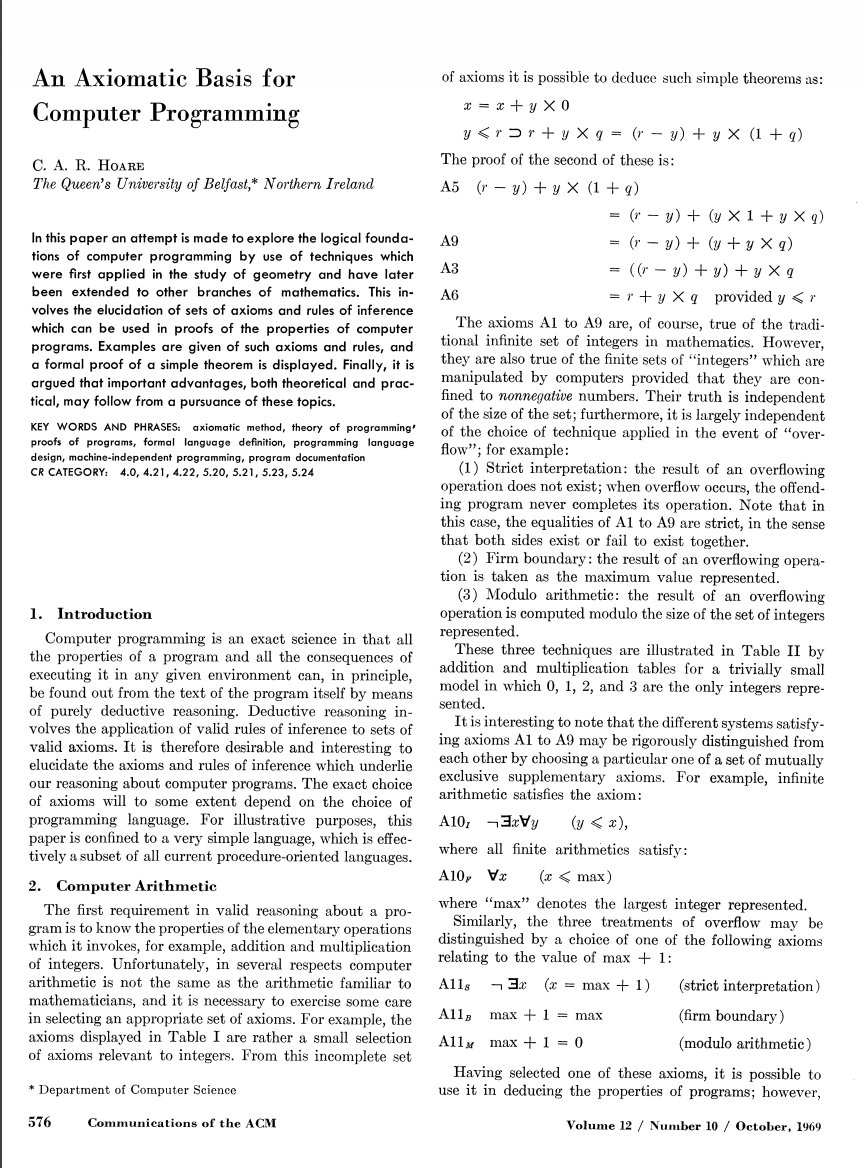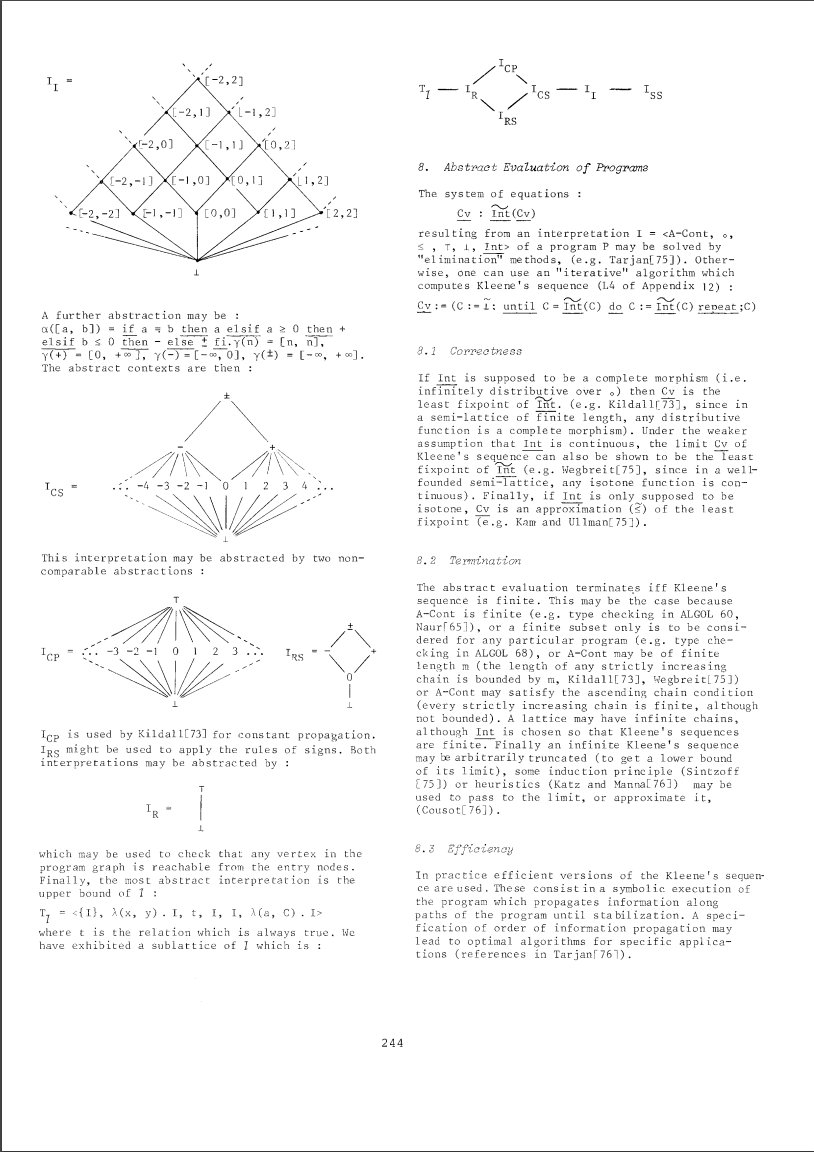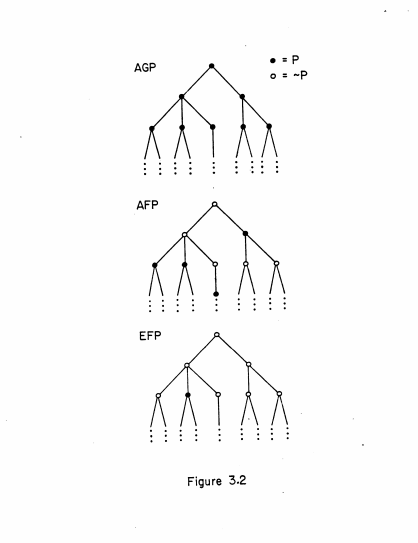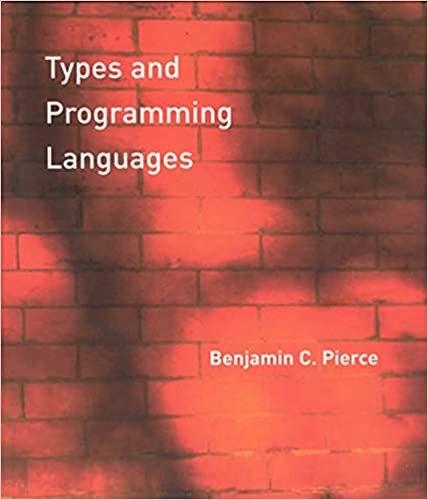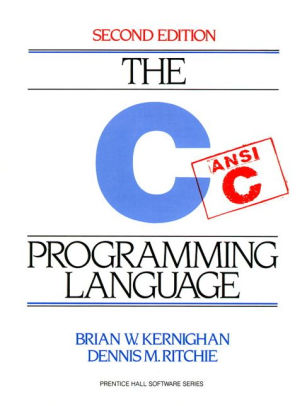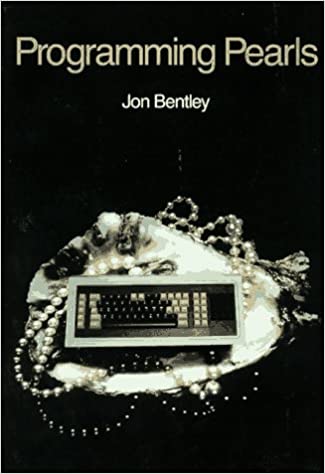
What programming languages and cars have in common:
🧐 Everyone uses them but few are enthusiasts
✨ Engineering meets design
For a timeline cleanse, here's a thread of programming languages as cars.
First up: Python as the Honda Civic. Practical; ubiquitous; not the fastest.

🧐 Everyone uses them but few are enthusiasts
✨ Engineering meets design
For a timeline cleanse, here's a thread of programming languages as cars.
First up: Python as the Honda Civic. Practical; ubiquitous; not the fastest.
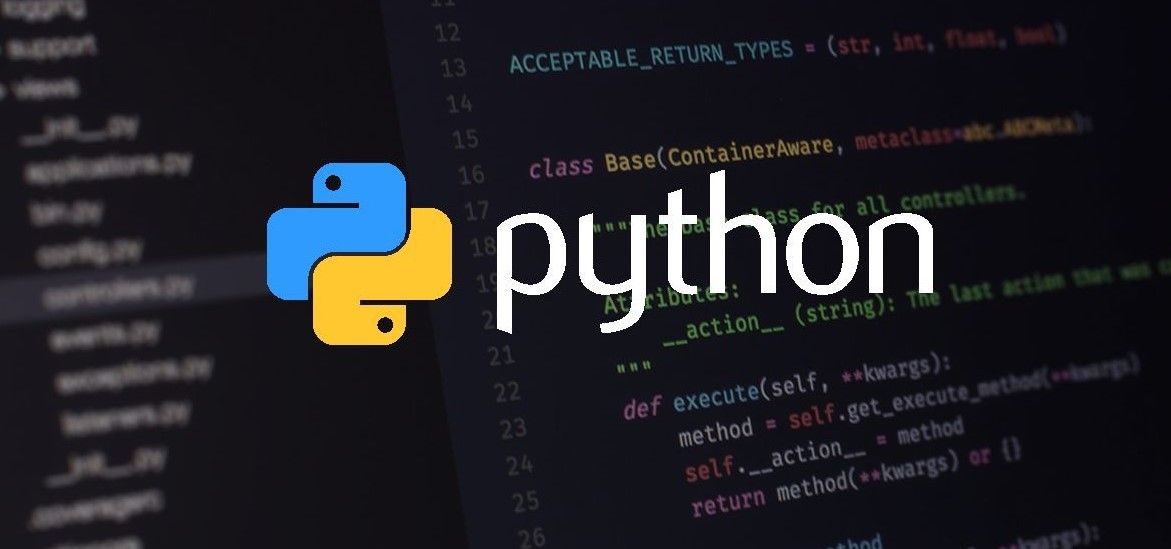

Go: the Mazda 3 of programming languages. Decently well designed, surprisingly good 0-to-60, and gets you where you need to go. 



Rust: the Tesla Model 3. High cost to adoption, but more affordable than some other things. Very safe. Status symbol among tech people. 

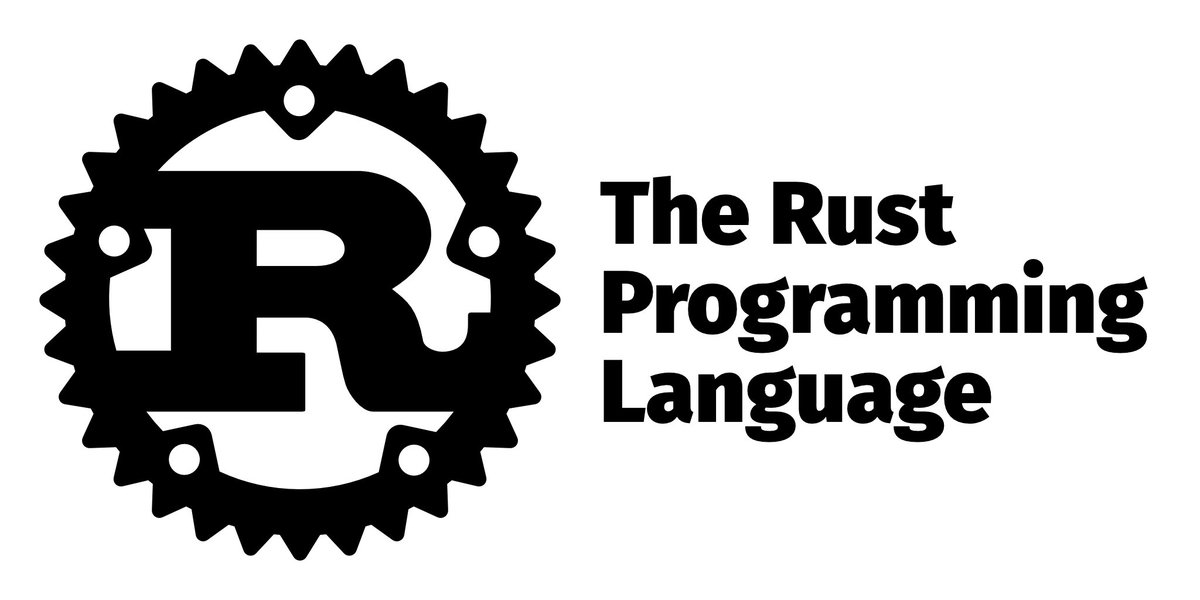

Haskell is the Maserati of programming languages. Major status symbol. Looks pretty. Experts will debate bang for your buck. Often featured in popular culture. 



Javascript is the Ford Focus. Accessible; used everywhere; gets a lot of complaints but is surprisingly reasonable for its price point. 

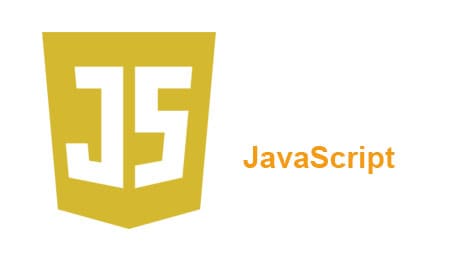

Idris is the Karma Revero. Cutting edge of engineering and design. Turns heads wherever it goes. Too obscure to be properly a status symbol. 



Java: the Toyota Camry of programming languages. Decently accessible; gets the job down; not particularly sexy. 



Scala: a modded Toyota Supra. Looks very fast and slick but, at the end of the day, has a Toyota/Java chassis. 



C is the Mustang Shelby GT350. Extremely powerful but you'll need racing lessons to keep that much horsepower under control. 

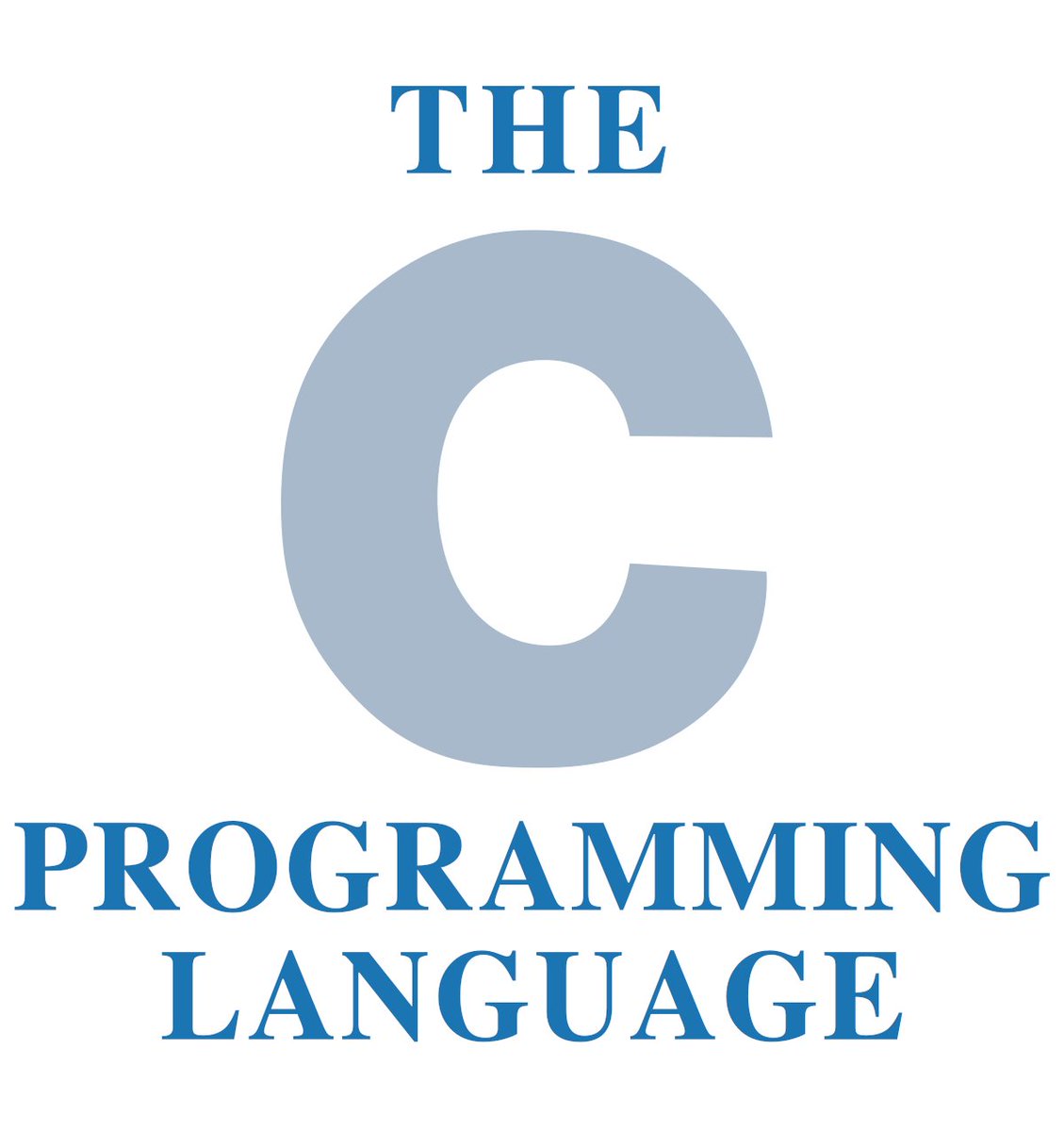

Coq is the Lotus Elise of programming languages. You can do a lot with it if you know what you're doing. It's also not seen in action all that much, so when you see one on the road you take pictures. 



PHP: the Ford Bronco of programming languages. Easy to drive. Some people thought it would have gone away in the 90s, but it's been staging a comeback. Today, people like it because of all the options it provides. 



OCaml is the Porsche 911. Not the lowest-cost to adopt, but impeccably engineered and surprisingly practical. Favored by bankers around the world. 



Julia: the Alfa Romeo Giulia Quadrifoglio. Powerful, precise, and fun to drive. A beautiful machine. 



Ruby is the Mazda Miata. Fun and easy to drive. Looks a lot faster than it actually is. Fans are obsessed with it. 



• • •
Missing some Tweet in this thread? You can try to
force a refresh

